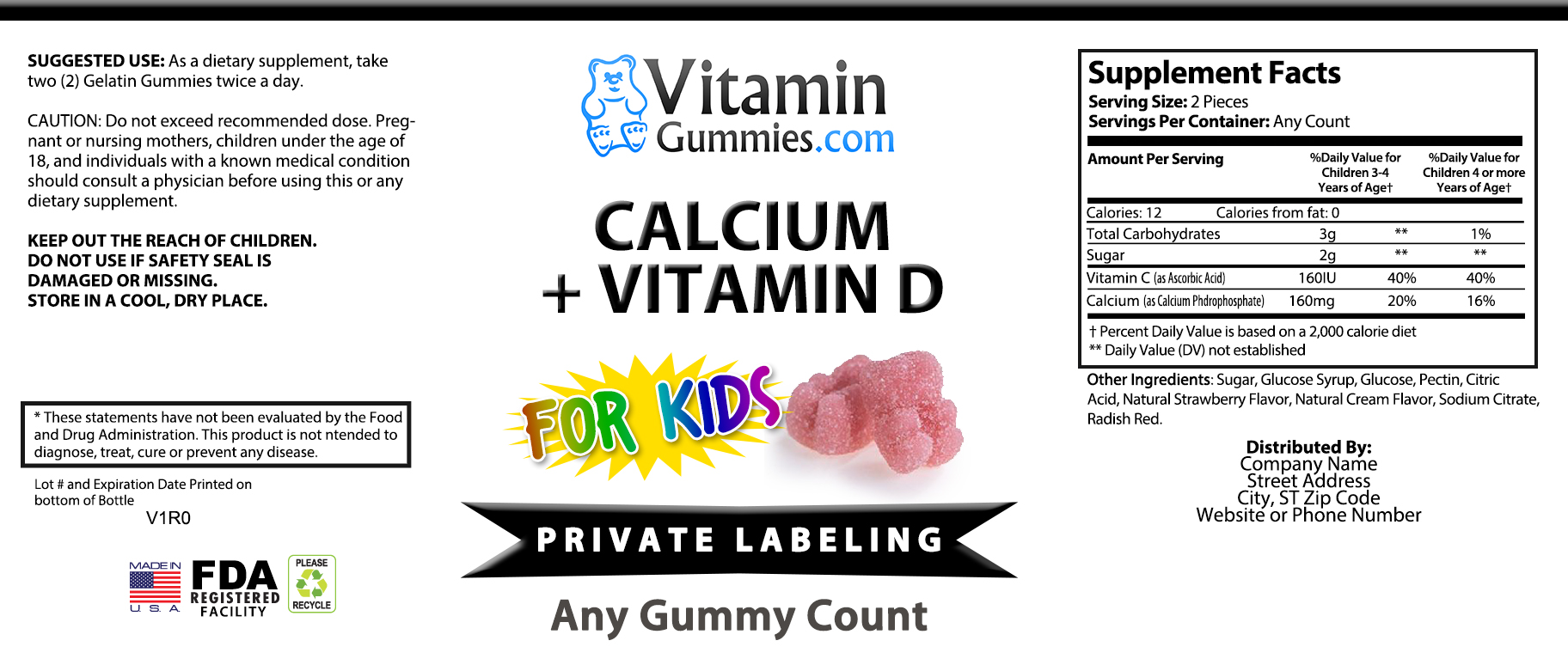
Initial studies suggested that dietary calcium had a greater effect on bone building due to its better absorption than supplemental calcium, but further studies are needed to fully elucidate whether one is better than the other to improve bone density. Thus, there is a role for calcium supplementation for patients with inadequate dietary calcium intake. Due to the limited availability of calcium-rich foods and dietary habits, it is not always possible for people to take more and sufficient dietary calcium. People may get more calcium from dietary intake or calcium supplementation. Clearly, further studies are needed to examine the health effects of calcium supplementation to make any solid recommendations for people of different genders, ages, and ethnicities.

In the end, we suggest that calcium supplementation should be prescribed and taken cautiously, accounting for individual patients’ risks and benefits. The purpose of this article was to review the health benefits, costs, and consequences of calcium supplementation on osteoporosis/osteoporotic fractures, cardiovascular events, kidney stones, gastrointestinal diseases, and other important diseases. Some recent studies have revealed that excessive calcium intake might increase the risks of cardiovascular diseases.

However, community-dwelling adults with and without osteoporosis are rarely concerned or even not aware of the potential side effects of high or inappropriate doses of calcium intake.

It has been well established that calcium intake is helpful in the prevention and treatment of osteoporosis, which has become one of the most serious public health problems across the world. Calcium is an important integrative component of the human body and critical for human health.


 0 kommentar(er)
0 kommentar(er)
